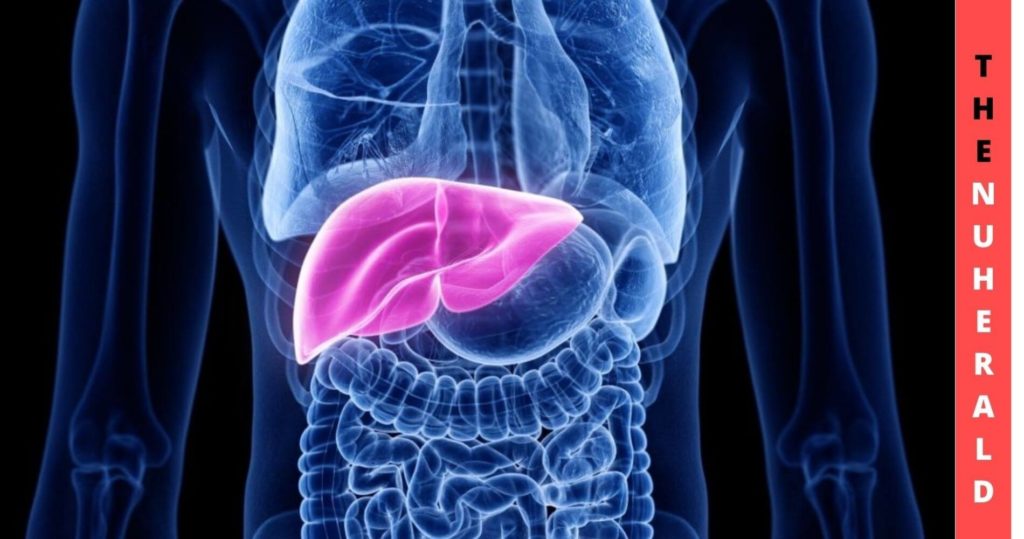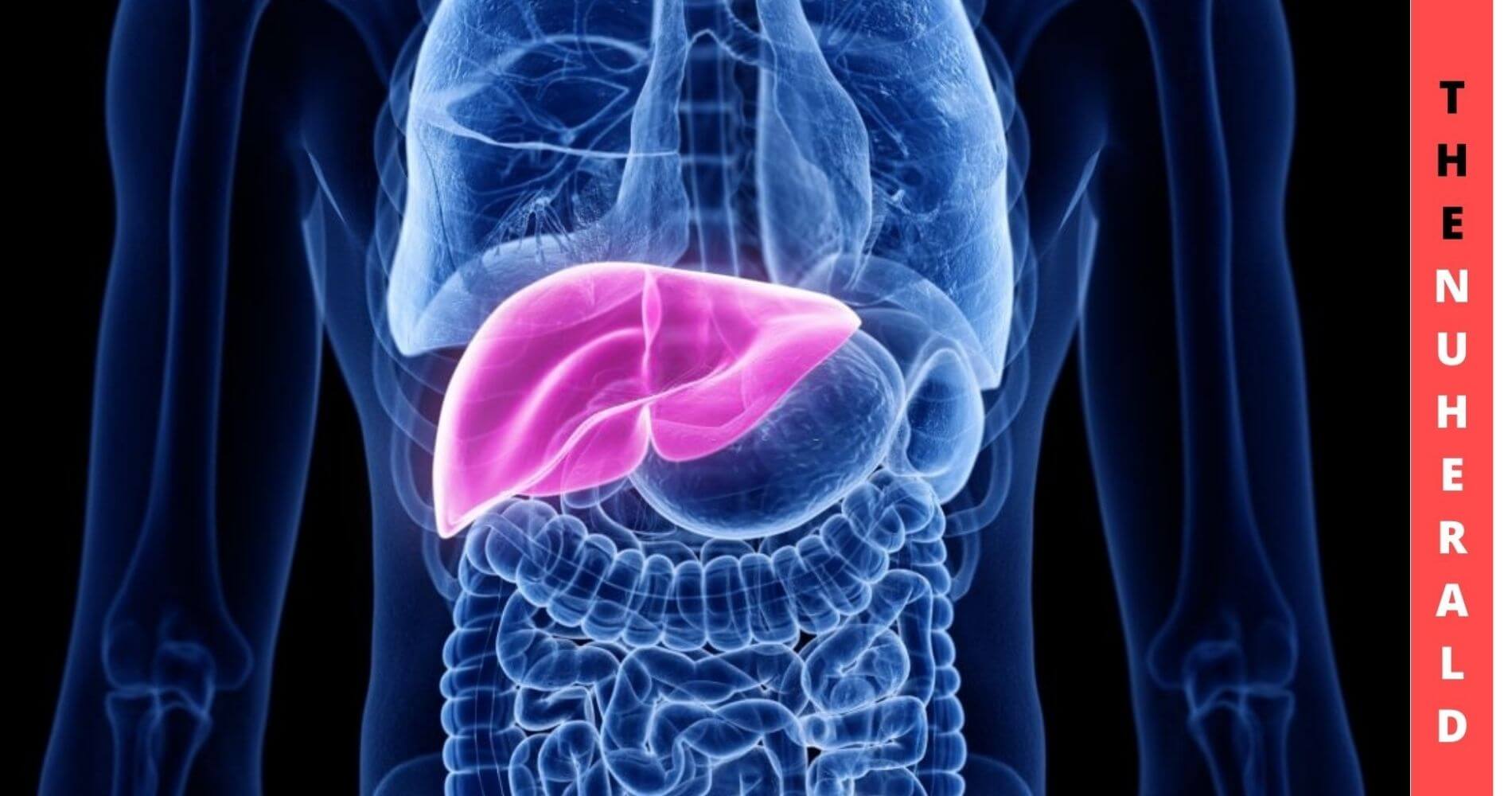Several people resort to liver transplants as the last option when other treatment methods have not worked for them. However, it is not always successful as the body can sometimes reject the transplanted liver, which can put the patient’s life at risk and increase complications in the long run. The new study done by a team of researchers has shown that it may be possible to predict the rejection by analyzing a family of proteins in the body.
Liver Transplant Rejection Can Be Predicted With Few Proteins
When the protein structures were analyzed in a detailed manner, researchers found that Proteoforms protein molecules changed a lot in those patients with failed transplant surgeries. The researchers used Blood Proteoform Atlas, which has details about more than 50000 protein molecules, in order to understand the behavior of these molecules.

According to experts, the human body has millions of such proteoforms, and they are usually created by genetic variation or modification over a period of time. Scientists now want to create a complete road map about many families of proteins so that the way they change with age and disease can be identified in the long run. In this way, new treatment options can be introduced to provide effective relief from a host of health complications.
The researchers kept the proteoforms intact in this study without cutting them into pieces. In this way, it gives the complete picture and allows getting better biomarkers. This method has given good results as the researchers can identify the changes in the behavior of a specific family of proteins in liver transplant patients. When the data is compared with those patients whose bodies rejected the transplant, the difference in the behavior of those specific proteins is noticeable. This has given hope to the researchers that it may be possible to predict who is not suitable for a liver transplant.
In a normal situation, physicians are not able to take proactive measures, and they have to monitor liver transplant patients for any issues after the surgery. The immune system is suppressed using drugs so that the body does not reject the foreign object. However, they can only respond to the problem, and it is not possible to predict the outcome before the surgery.
The BPA can now be used as a road map to understanding the biomarkers that predict the rejection of liver transplants in some patients. The researchers now want to understand the behavior of the specific biomarkers in patients who are in the early stages of the transplant. In this manner, the immune suppression therapy can be altered if the patient shows early signs of rejection.
Experts also feel that similar tests can be done on the donor before the surgery to identify specific biomarkers used in this study. In this manner, the rate of rejection can be drastically reduced in the long run, and this will save a lot of money and effort for everyone involved in the process. Every year, many people undergo liver transplants due to various complications.
One of the most common causes of liver failure is excessive consumption of alcohol. The fatty liver disease slowly goes out of control in alcoholics, and they have no other option but to go for a liver transplant. It is interesting to note that people have to completely abstain from alcohol consumption for many months before the liver transplant surgery. If this is not maintained properly, there is a high risk of the transplant getting rejected by the body in the future. However, the new study offers some hope for such patients who are suffering from liver failure and badly need a transplant to lead a normal life.
